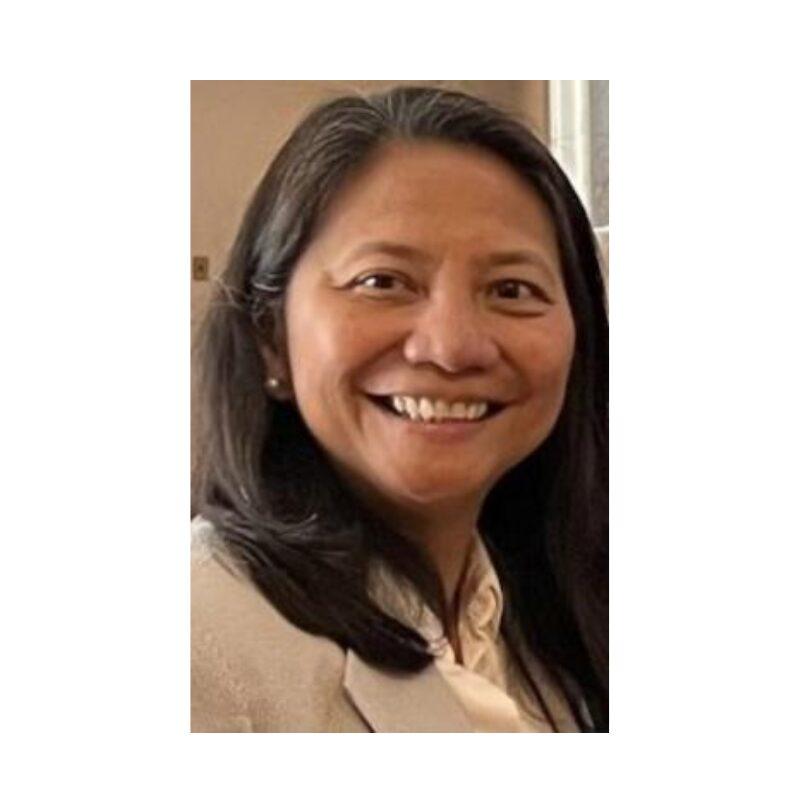Gov. Brown, student against hike
Administrators at the University of California proposed a new plan to increase tuition by as much as 5 percent in the next five years, drawing criticism from newly-reelected Gov. Jerry Brown, as well as top state legislative leaders and student activists.
UC President Janet Napolitano sent out emails and messages to alumni, faculty, and donors seeking support for her plan. The tuition hike proposal, which would help pay for higher pension and salary costs and increase student enrollment, marks the end of a peaceful three-year-freeze over the cost of public higher education in the state.
Under Napolitano’s plan, tuition for California undergraduates to rise next year to $12,804, not including housing and other expenses. By the 2019-20 school year, that could increase to $15,564, unless state funding for UC rises enough to offset the surge.
The proposal won the support of UC chancellors and faculty leaders, but state legislative leaders such as Assembly Speaker Toni G. Atkins and Senate President pro tem Kevin de Leon expressed their concerns.
“While the state’s commitment to higher education absolutely needs to be backed up with adequate resources, fee increases are not the solution, and California families have already endured enough of them. There are other places to look for funds rather than fee increases,” Atkins said.
Gov. Brown, who is a UC regent, has already announced his opposition to the tuition hikes, and is pushing for the UC to reduce its spending instead. He previously committed to raising state funding for UC by 4 percent annually for the next two years only if tuition stays flat, according to the state Dept. of Finance. Brown acknowledged that there was no formal compact between the state and UC, but said that those conditions “have been clear from the outset.”
Brown already urged university administrators and faculty last year to keep pushing students to earn their degrees in four years rather than six, emphasizing the importance of education and maintaining timely, reasonable goals. The rates have improved in recent years, partly due to higher tuition pressuring students to finish faster and on time.
The Dept. of Finance made no comment on whether the governor would take action to cut federal funding for UC or how he would react should tuition increase.
De Leon also said UC tuition is “already too expensive” and promised to press for both additional state funding and more efficiency throughout the university.
Undergraduate students are strongly against the proposal, and have already reached out to UC and government leaders to express their opinions.
“It’s a really big burden on students. It’s really unfortunate,” said Jefferson Kuoch-Seng, a management major at UC Merced and president of the UC Student Association. “[Increasing tuition] doesn’t help families since increases still could range from zero to 5 percent, depending on state funding.”
With the new proposal, the cost of a UC education can now add up to more than $30,000 a year, including campus fees, room, board and books.
Nathan Brostrom, UC’s executive vice president and chief financial officer, described the plan as a “reasonable alternative to the volatile and steep tuition increases before the recent three-year freeze.”
The plan, he said, would continue strong financial aid that—with federal and other state grants—would allow half of UC students to pay no tuition for school.
UC will remain “an amazing value for California and its families,” Brostrom promised at a press conference in Oakland, adding that the proposal would help create faculty jobs and add at least 5,000 in-state enrollments over the next five years.
When asked about Brown’s opposition, Bromstrom assured that UC officials would keep trying to convince the governor to be open-minded. He mentioned that UC has cut spending, and that the technological changes Brown seeks are costly and can take years to implement.
In a joint statement, the chancellors of all 10 UC campuses announced their strong support for the tuition proposal, calling it “predictable and fair.” Some of the system-wide faculty are calling the increase an “unfortunate but necessary” act to protect the university’s academic excellence and keep higher education accessible to students.
“The plan addresses our obligation to students and their families to provide them with the best education possible at the most affordable price,” the chancellors’ statement read.
“Most professors would have preferred to avoid the increase if the state spent significantly more on higher education,” Mary Gilly, a management professor and chair of the system-wide UC Faculty Senate and a faculty representative at the regents, said. “But since that is probably not likely, the plan is a good option.”
Some faculty and students expressed disappointed that UC has not received a bigger boost from Proposition 30, the income and sales tax increase measure Brown proposed in 2012, even though the university mobilized to help its passage. Officials said the $2.64 billion in state general revenue funds for UC this year is 5 percent more than last year, but is still $460 million below what it was seven years ago.
The UC’s plan will be presented at the Board of Regents’ meeting Nov. 19-20.
(With reports from Los Angeles Times)
(www.asianjournal.com)
(LA Weekend November 8-11, 2014 Sec. A pg.1)







